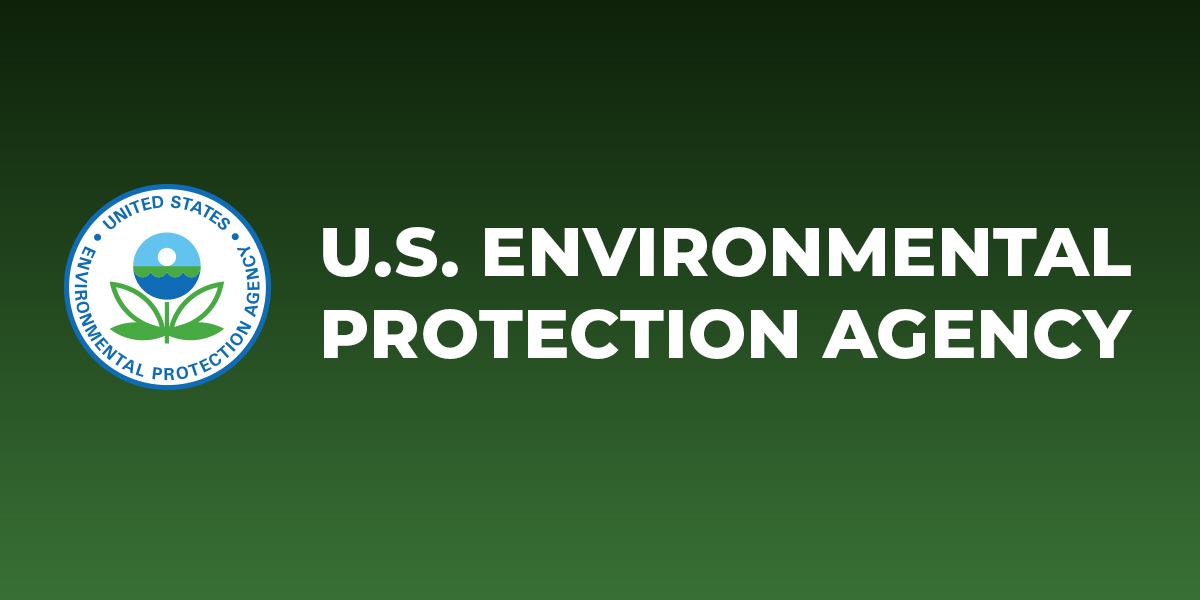Transportation as a whole is the largest contributor at 27% of which light-duty vehicles are responsible for 57%.The thing is that personal transportation is just a small piece of the pie....much smaller than we are led to believe as far as emissions go. Cars have been quite clean compared to other industries. But other industry isn't in the limelight of the media and the average consumer.
People only are taught that power plants and cars are dirty. Nevermind that barge that goes from LA to China bringing all that stuff we buy that was made in China in less than desirable conditions and with less than desirable emissions.....
And by strangle I mean add 10k to the cost all while reducing HP potential and the big one fuel economy potential.
But let's strangle cars even more, with the impending DPF on the direct-injected gasoline vehicles. We already have killed the diesel economy, so let's move onto gasoline. Then the EV will look even better.
0w5 oil, GDI, CVTs, and the same turd/blob looking shape as everyone else.
Yet....I was getting 35+ mpg on GASOLINE in a (then 25 year old) 1982 VW, and had many other 80s VWs which did the same or better.
I don't believe I'm wearing any rose colored glasses. I'm just saying we past the point of diminishing returns long ago.

Fast Facts on Transportation Greenhouse Gas Emissions | US EPA
Basic facts and data on greenhouse gas emissions from transportation.
